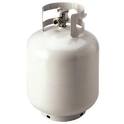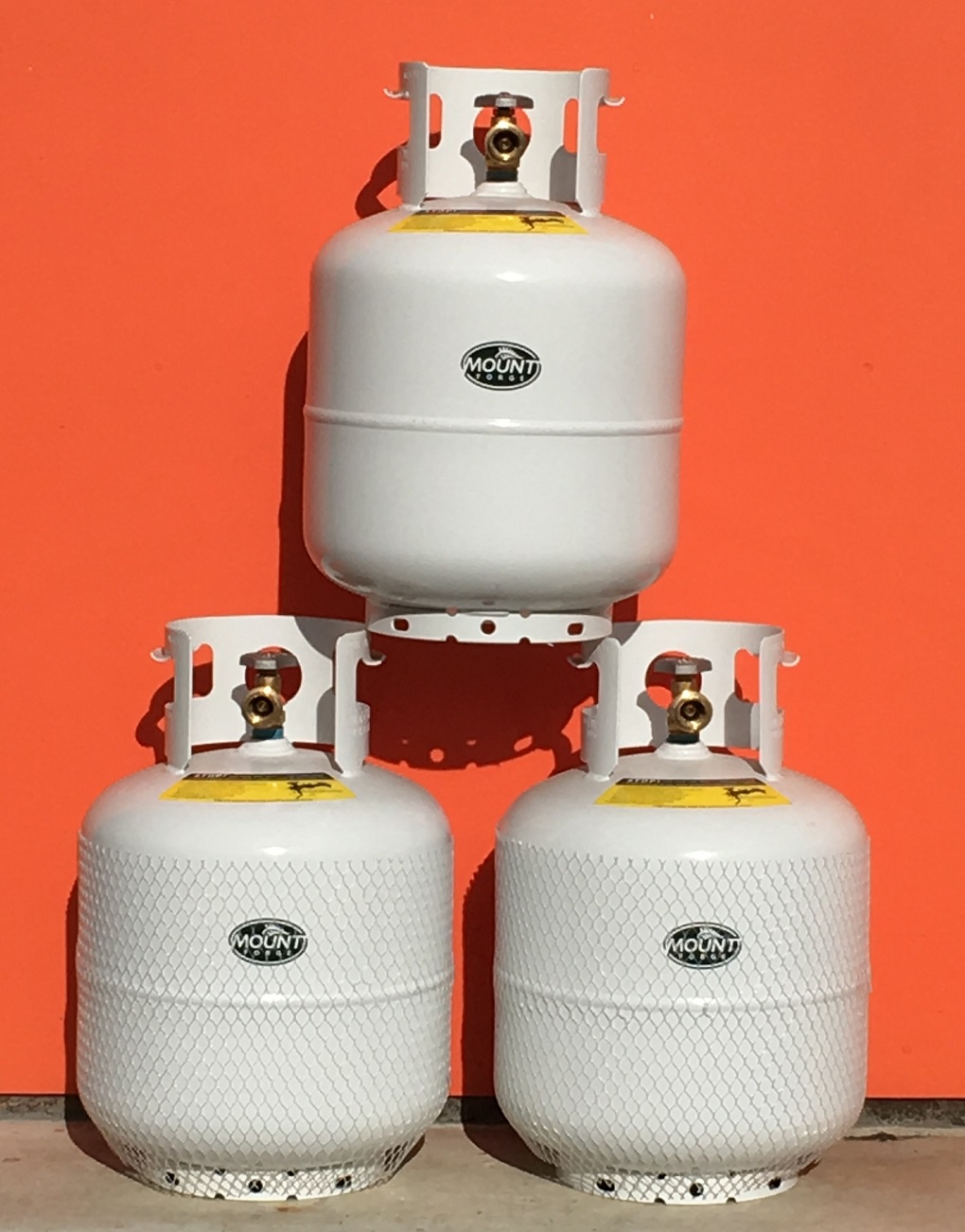Cylinder Testing
Gas cylinder test periods are defined by the gas traffic or type of gas in a cylinder. The cylinder manufacturer has produced a gas cylinder to an approved design. The design specifies the parameters that the gas cylinder can be used within. These limitations include such things as the pressure a cylinder can be filled to and the pressure is must be tested to, also the periodic re-inspection and test intervals.
The legal requirements for filling and testing a cylinder in New Zealand are prescribed in the HSWA 2015 Hazardous Substance Regulations. These regulations list all the requirements for a gas cylinder in NZ.


